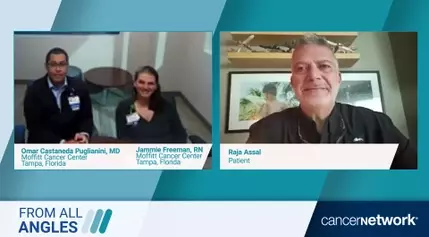In recent years, the advent of chimeric antigen receptor (CAR) T-cell therapy has brought revolutionary changes to cancer treatment. This cutting-edge medical breakthrough has not only transformed clinical outcomes but also significantly improved patients' quality of life. Through interviews with individuals who have undergone this therapy, we gain valuable insights into how their lives have changed. The recovery process appears notably different from previous treatments, offering a new perspective on managing serious illnesses.
Remarkable Journeys: Stories of Hope and Healing
In the world of modern medicine, the introduction of CAR T-cell therapy represents a significant milestone. Patients who have experienced this innovative treatment describe a profound transformation in their daily lives. Since receiving CAR T-cell therapy, many individuals report experiencing improvements in both physical and emotional well-being. Unlike traditional therapies, which often involve lengthy and challenging recovery periods, this advanced treatment offers a more manageable path to healing. The overall quality of life for recipients has noticeably improved, allowing them to regain control over their health and rediscover joy in everyday activities. Patients express that they now enjoy better energy levels, reduced pain, and an enhanced ability to engage in social interactions. These positive changes highlight the potential of CAR T-cell therapy to bring hope and renewed vitality to those facing serious health challenges.
From a journalist's perspective, these personal stories underscore the importance of continued research and development in immunotherapy. The success of CAR T-cell therapy serves as a powerful reminder of the transformative impact that medical innovation can have on people's lives. It encourages us to remain optimistic about the future of healthcare and inspires ongoing efforts to discover even more effective treatments for various diseases. As we witness these remarkable transformations, it becomes clear that investing in scientific advancements is crucial for improving patient outcomes and enhancing overall quality of life.




















